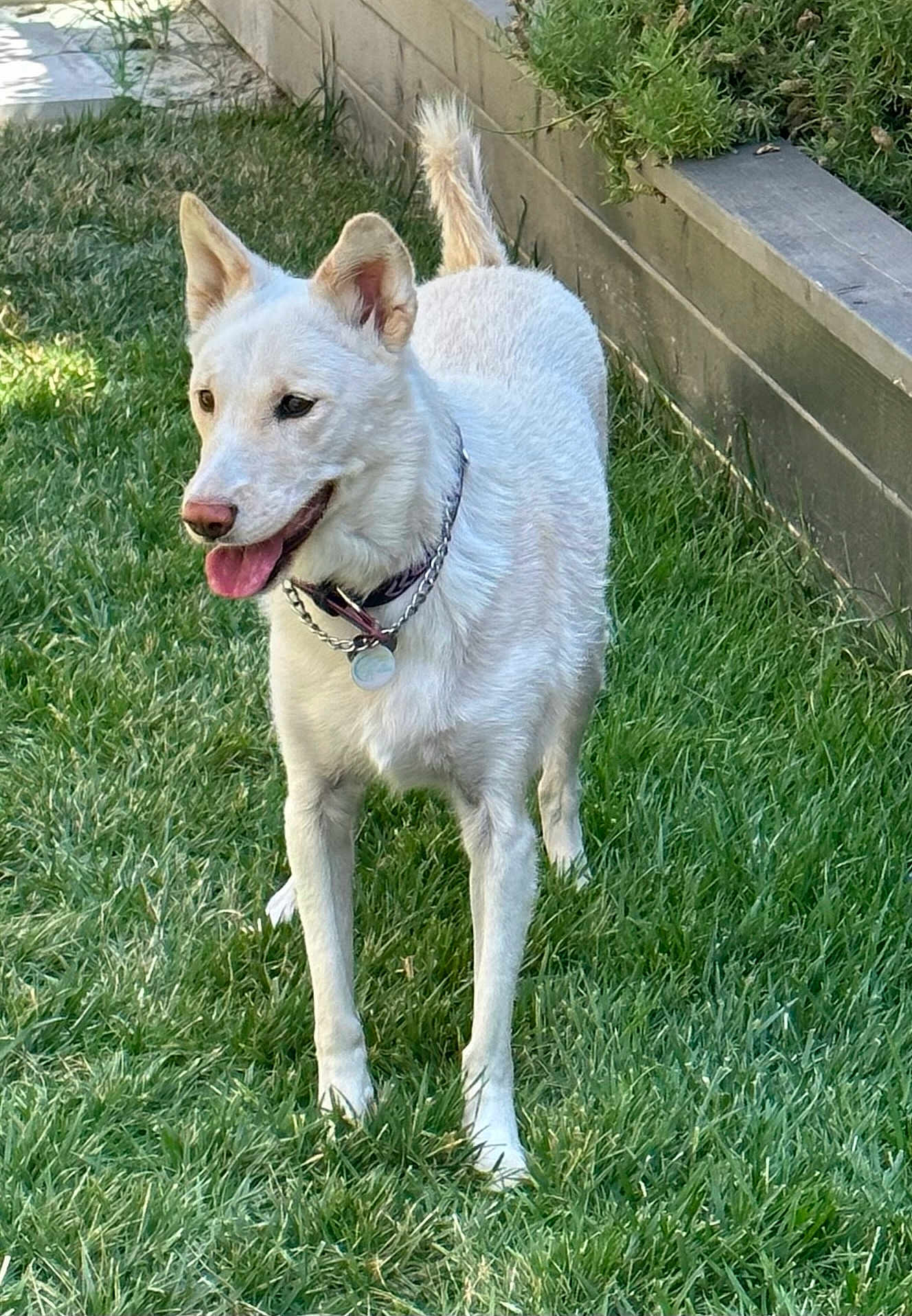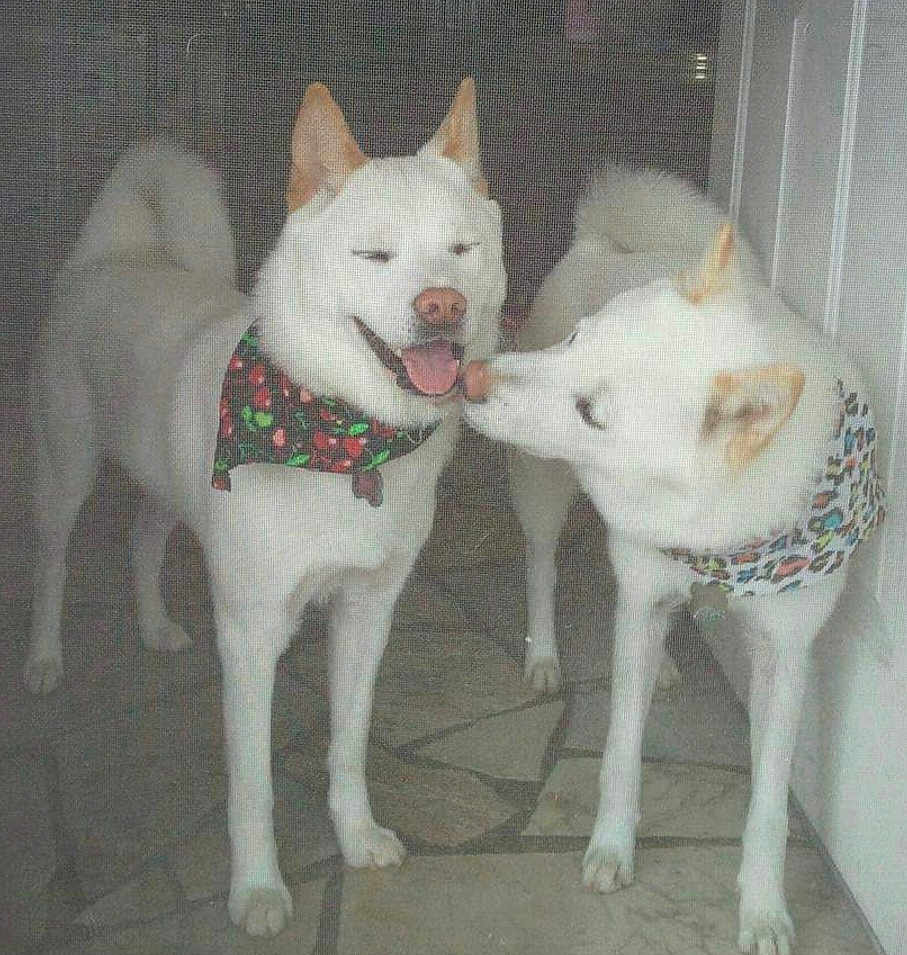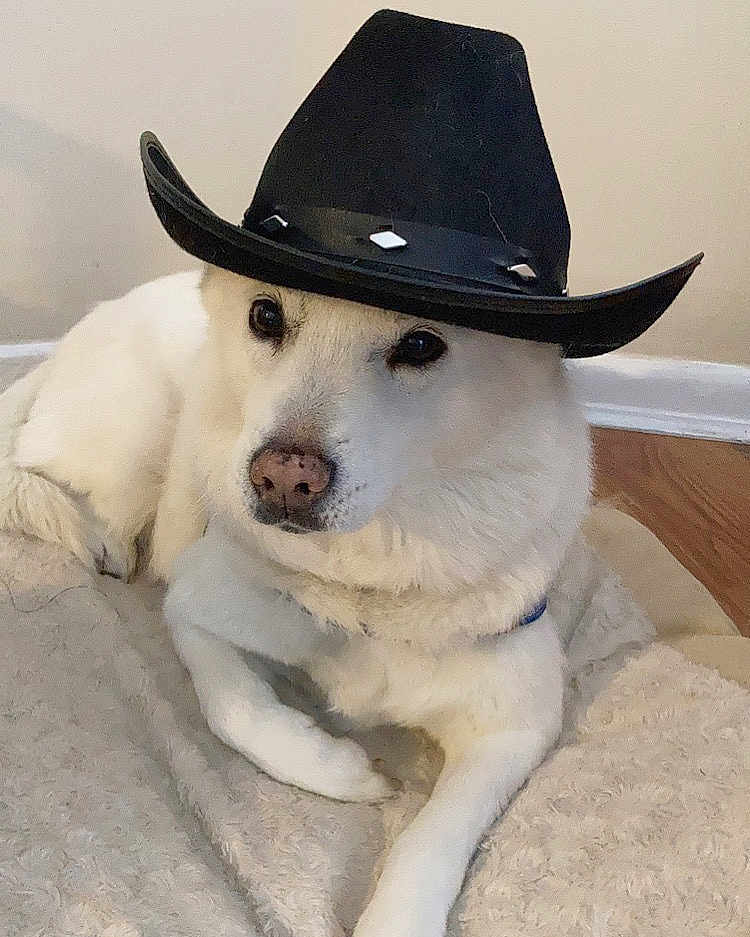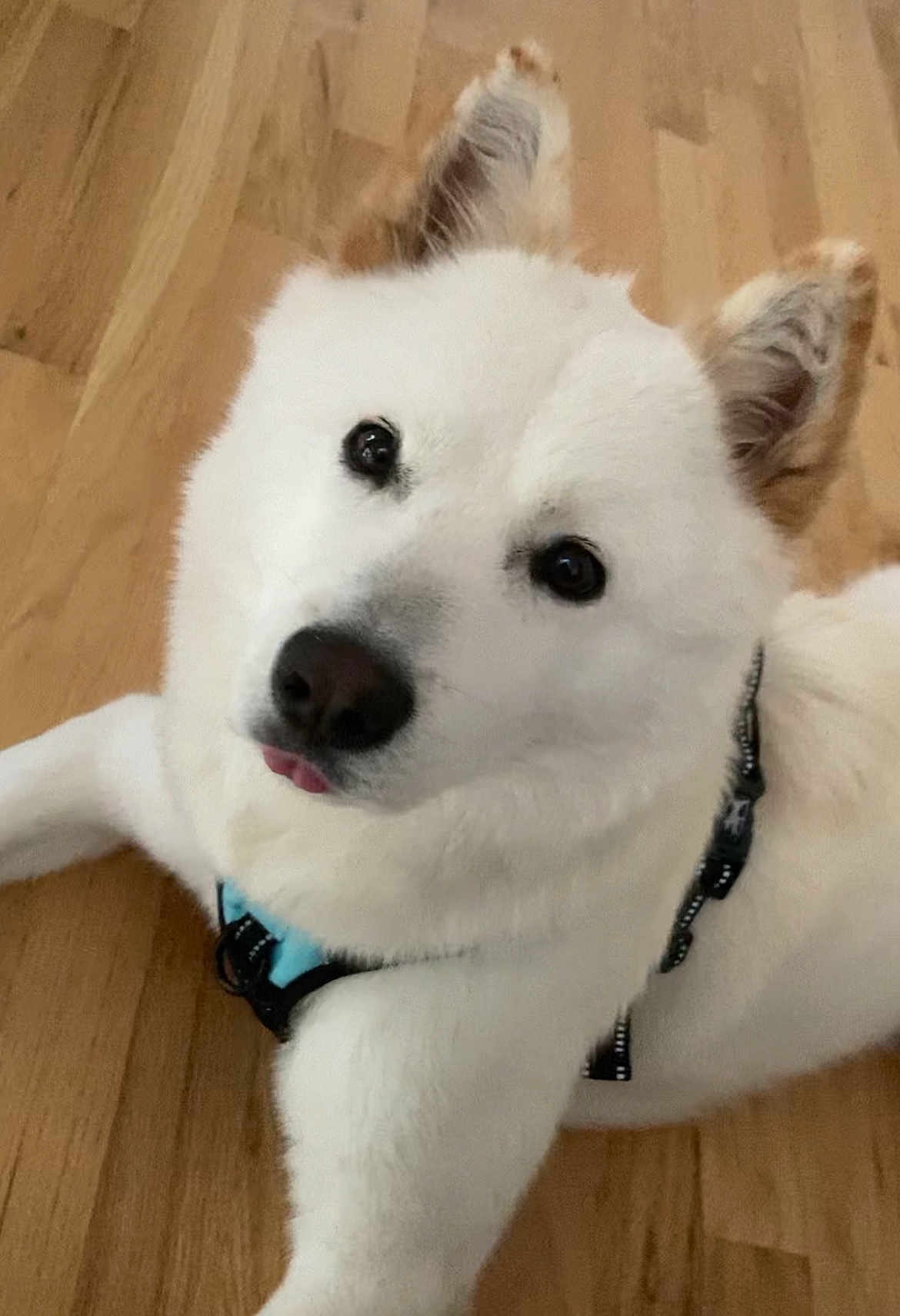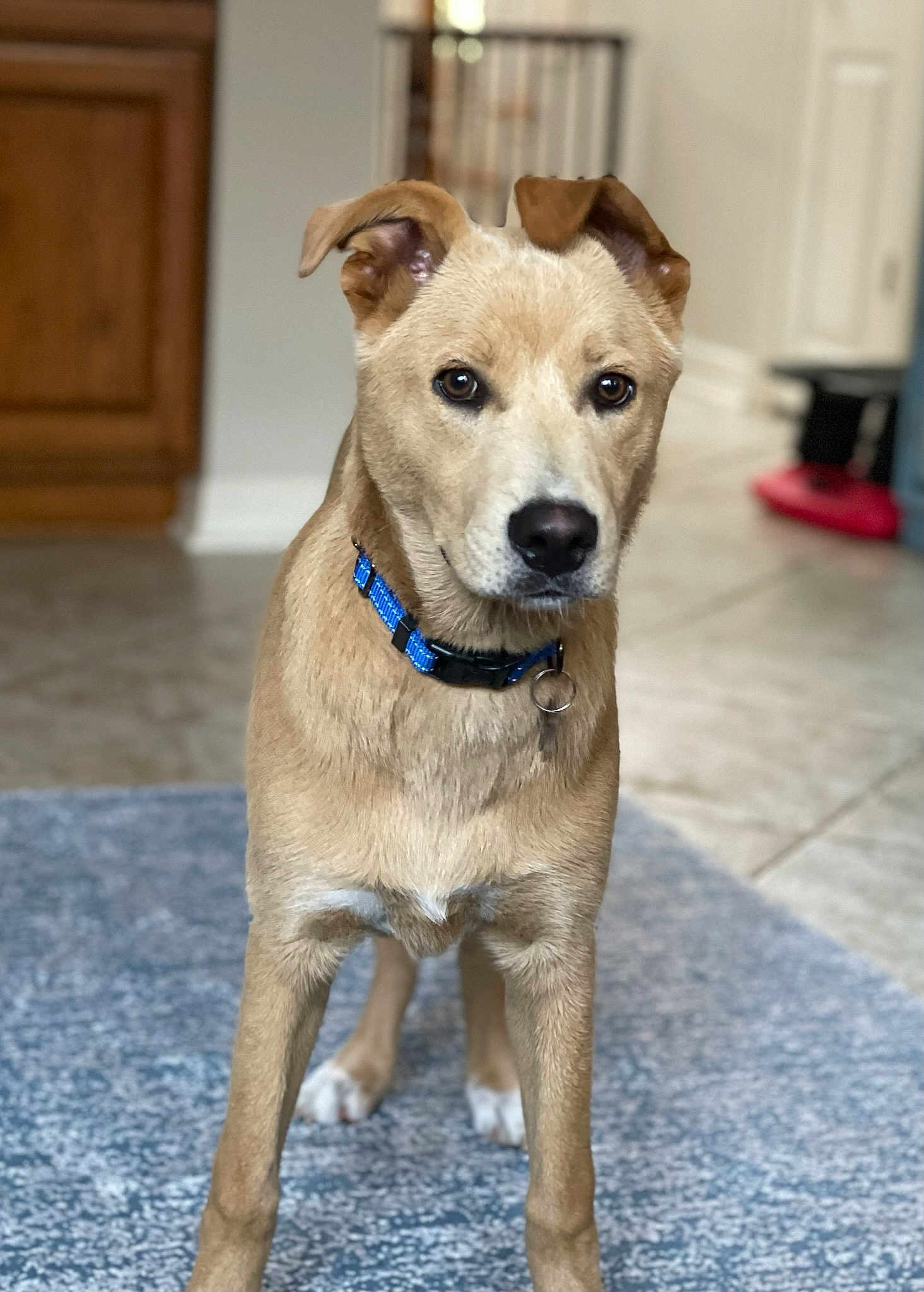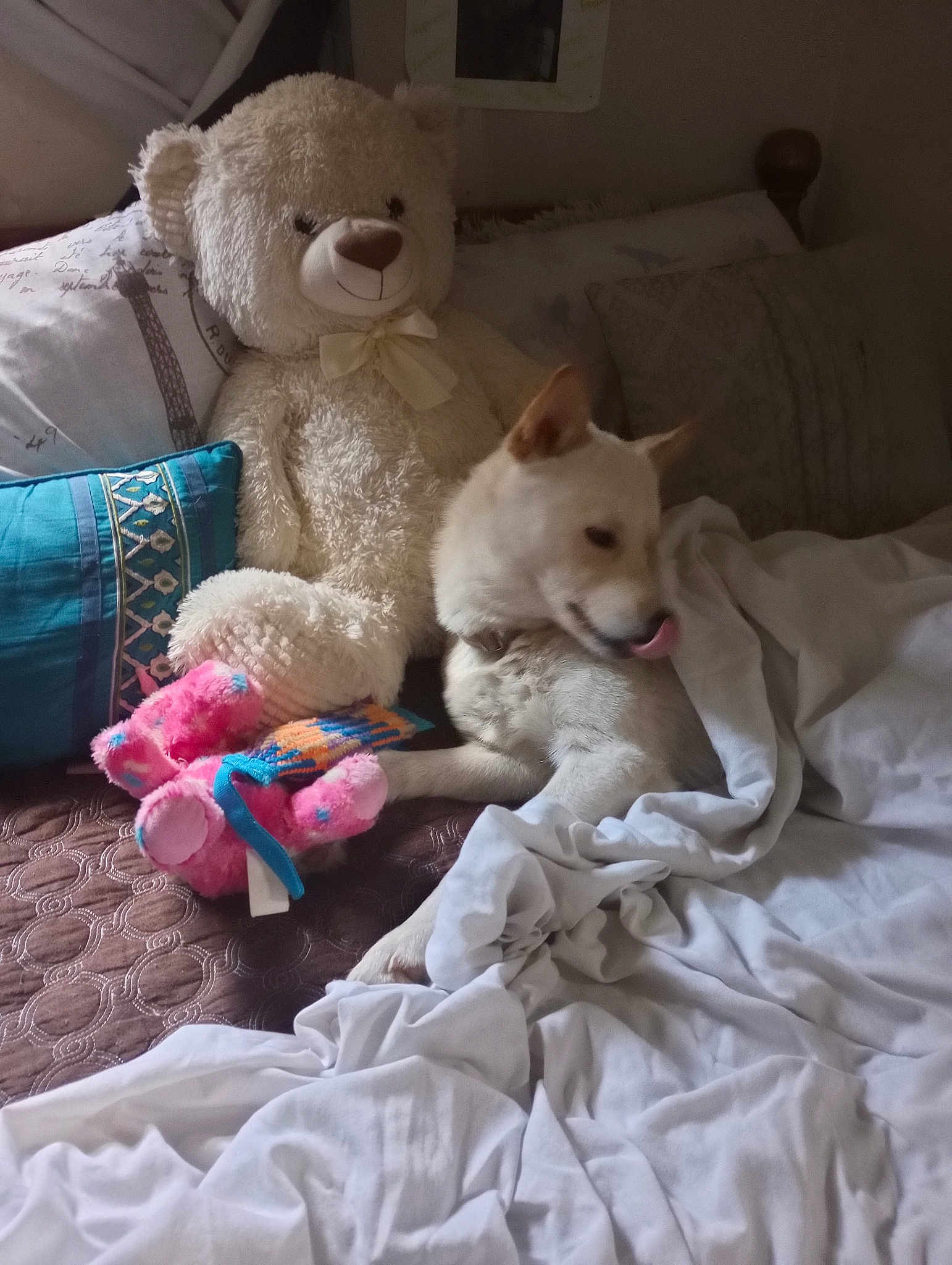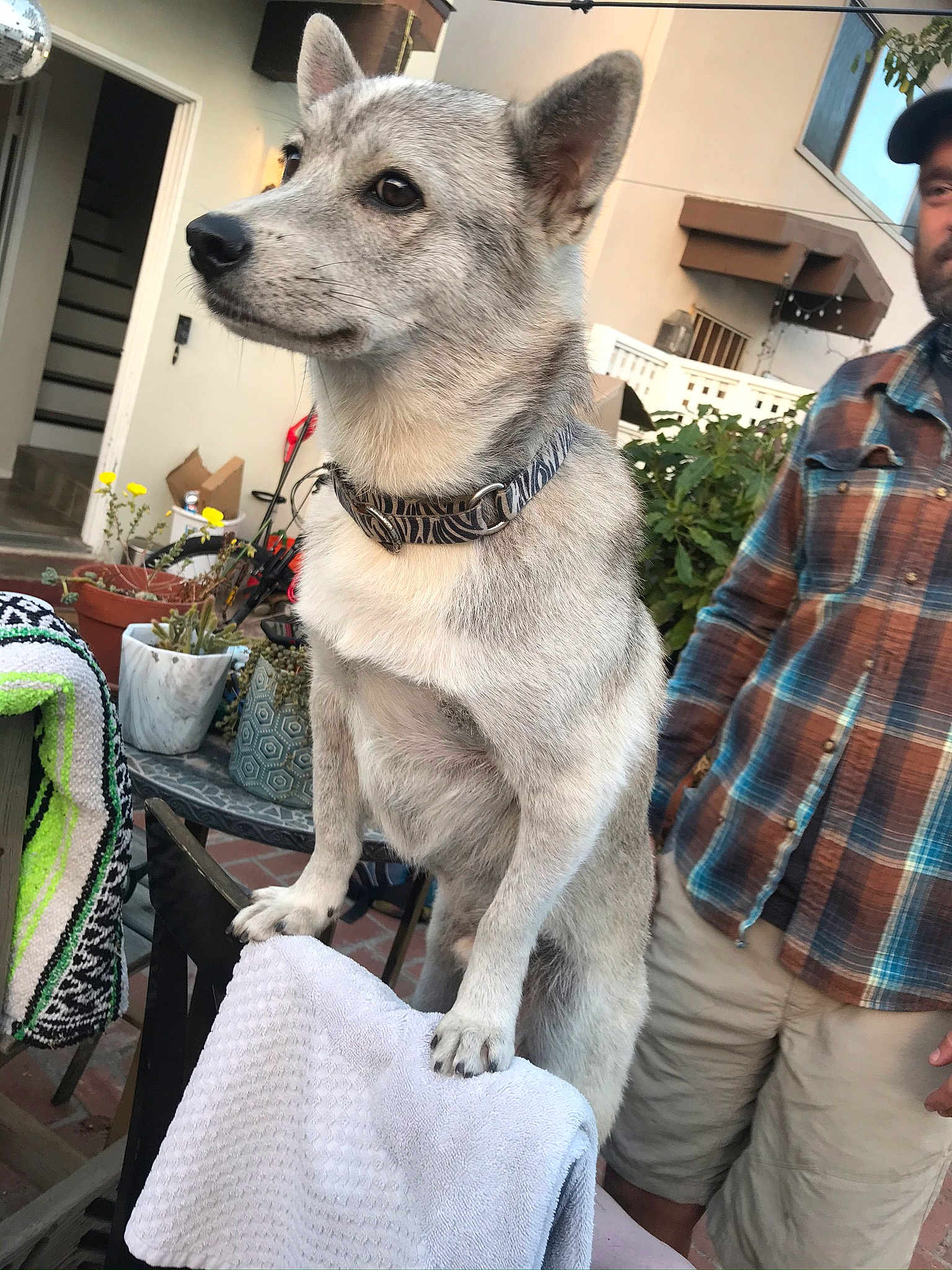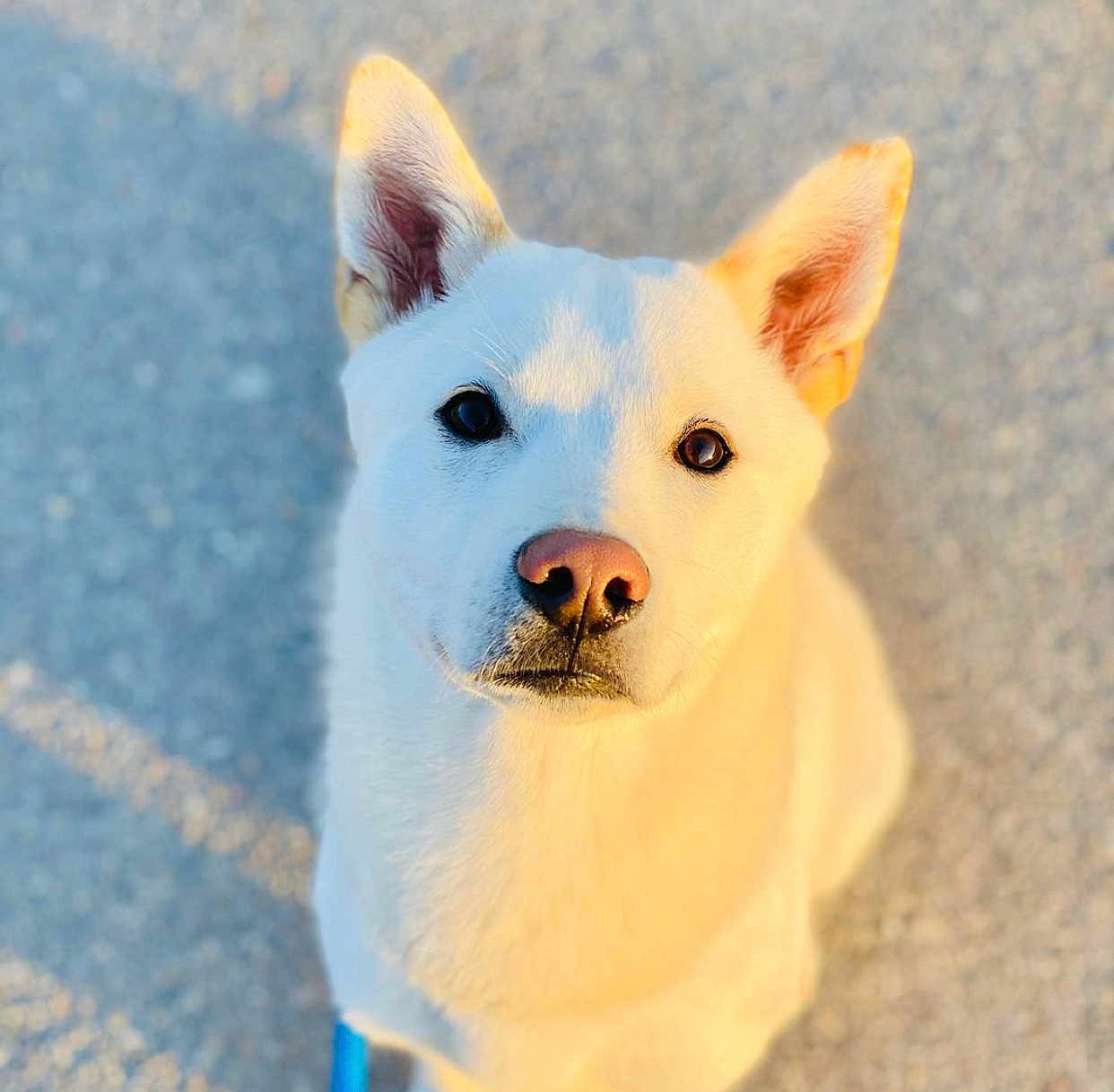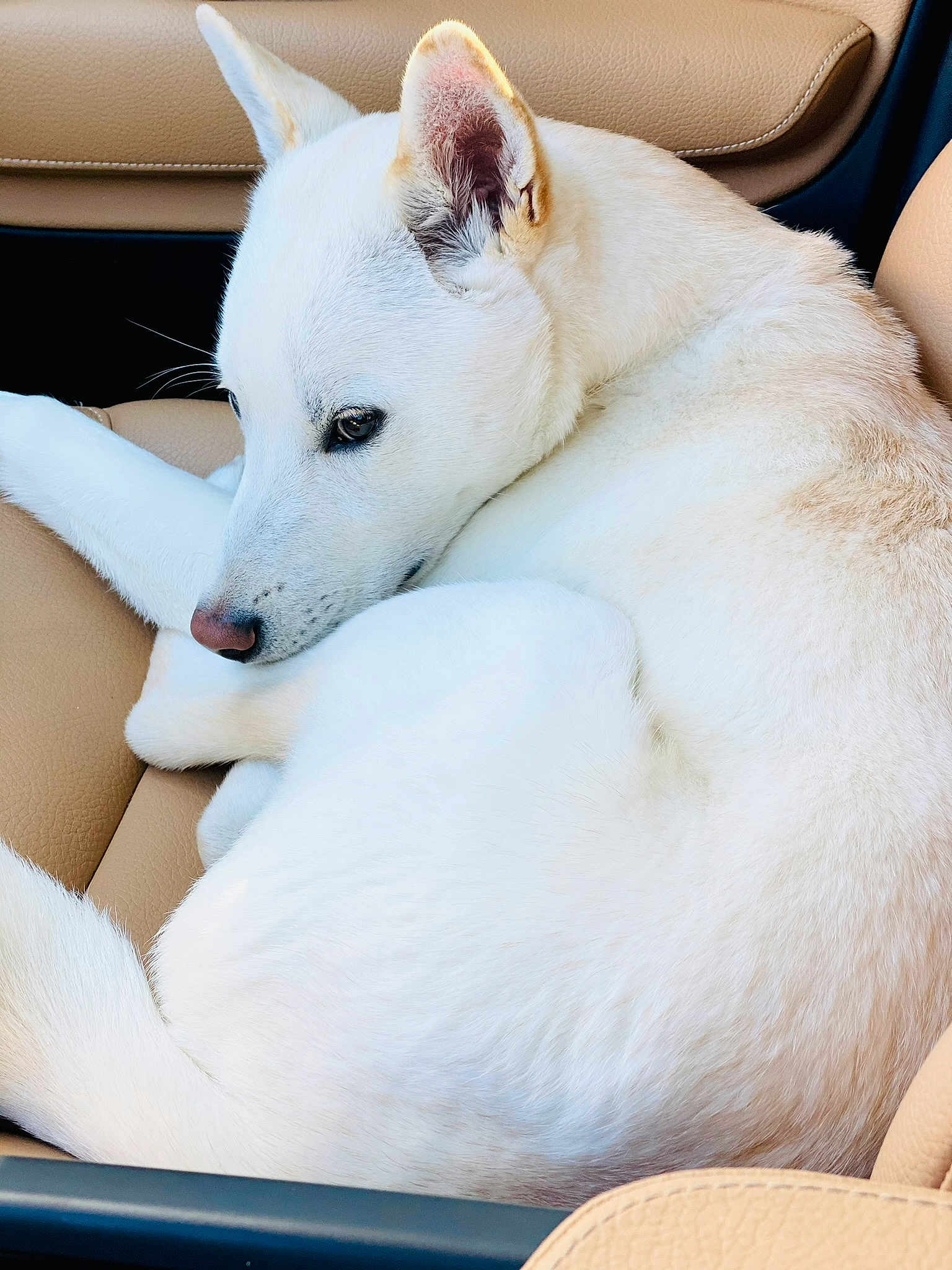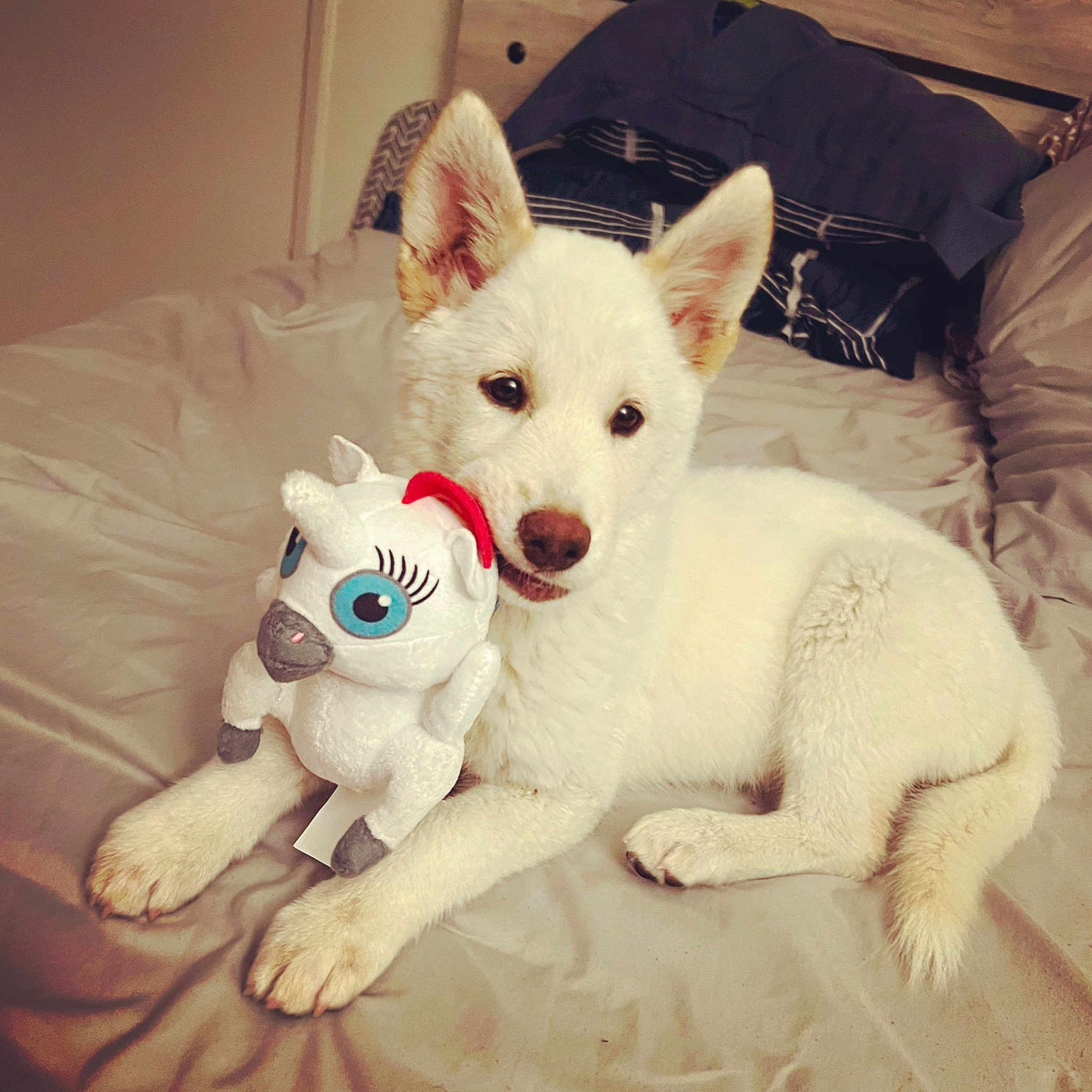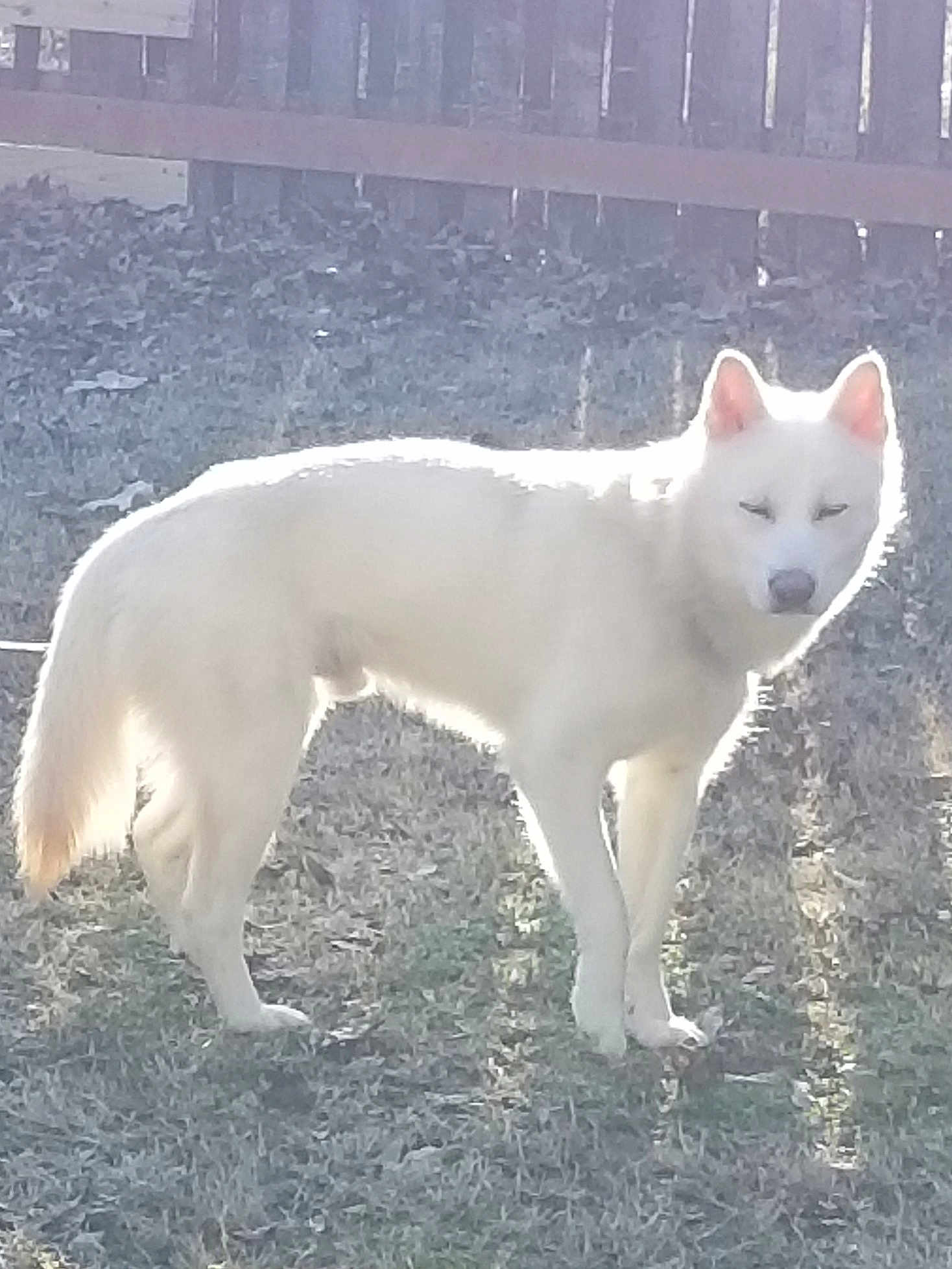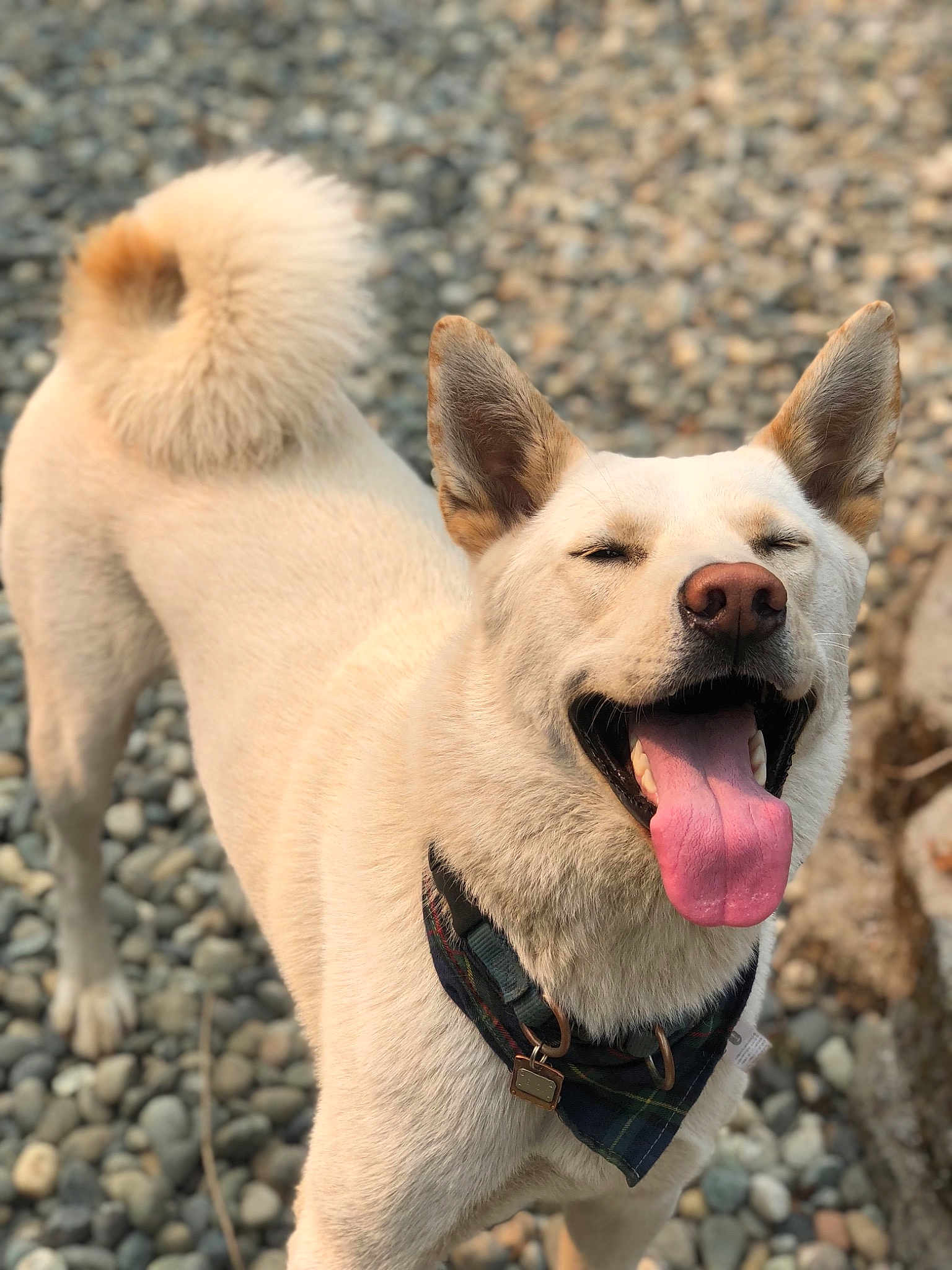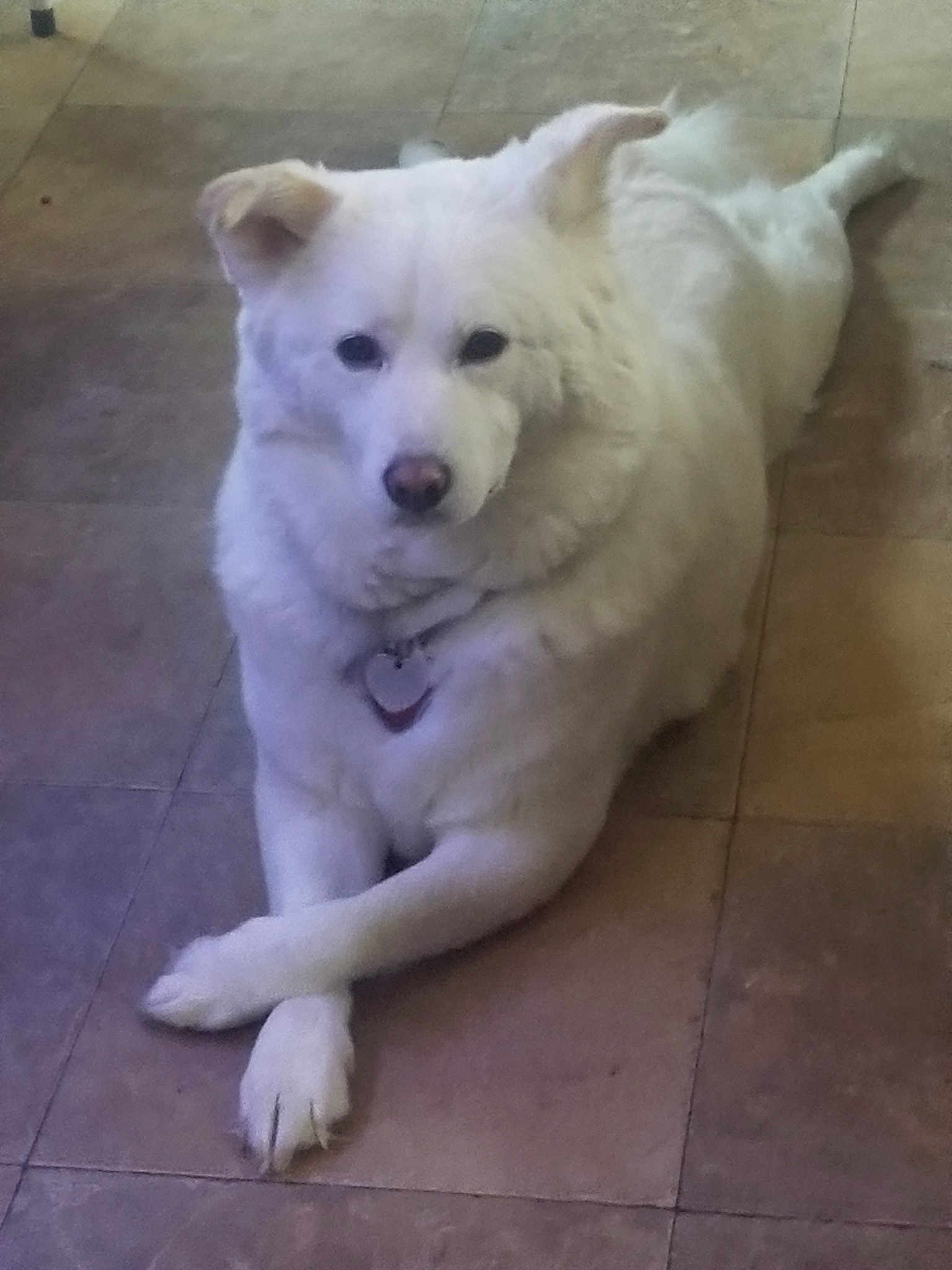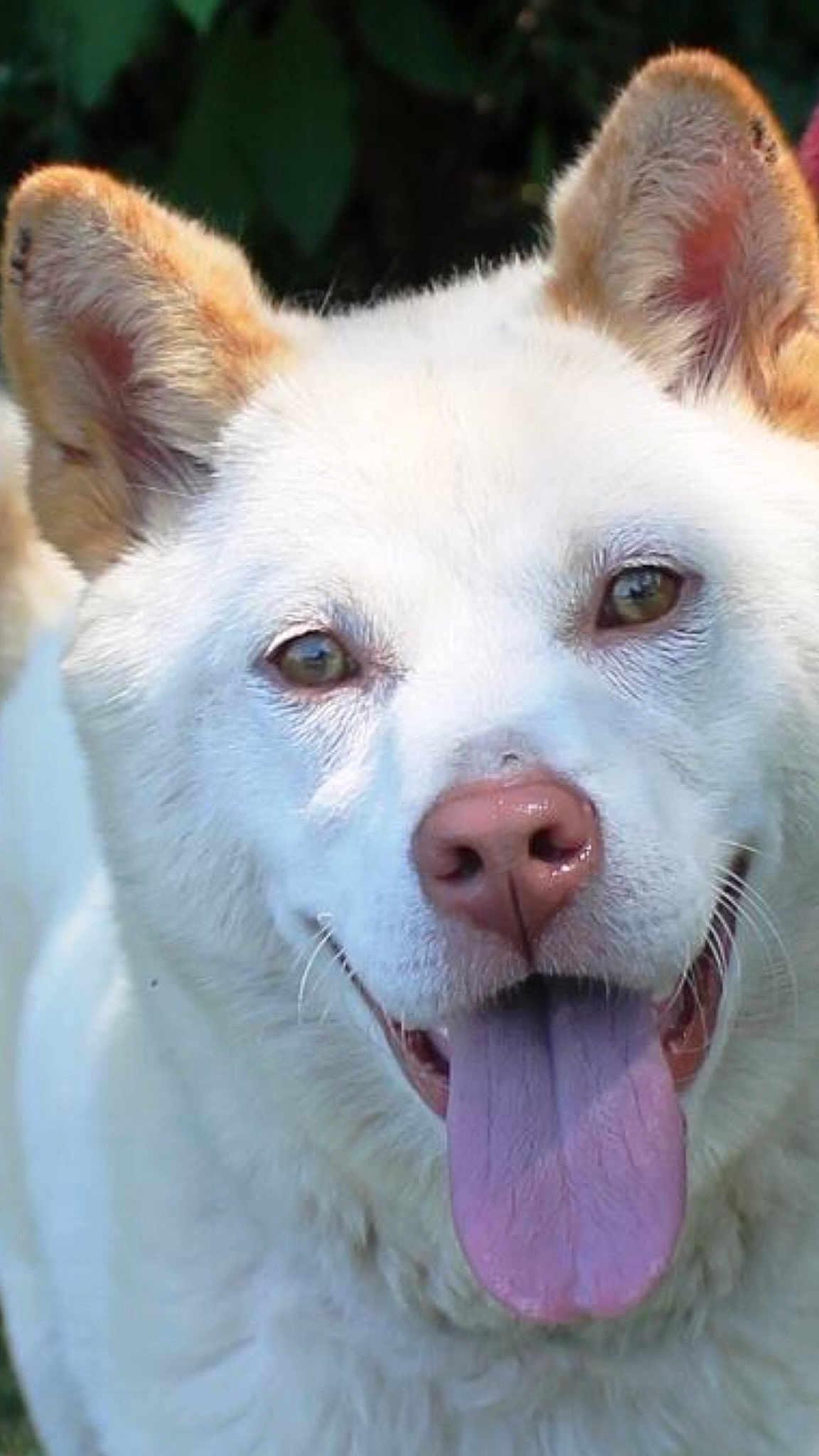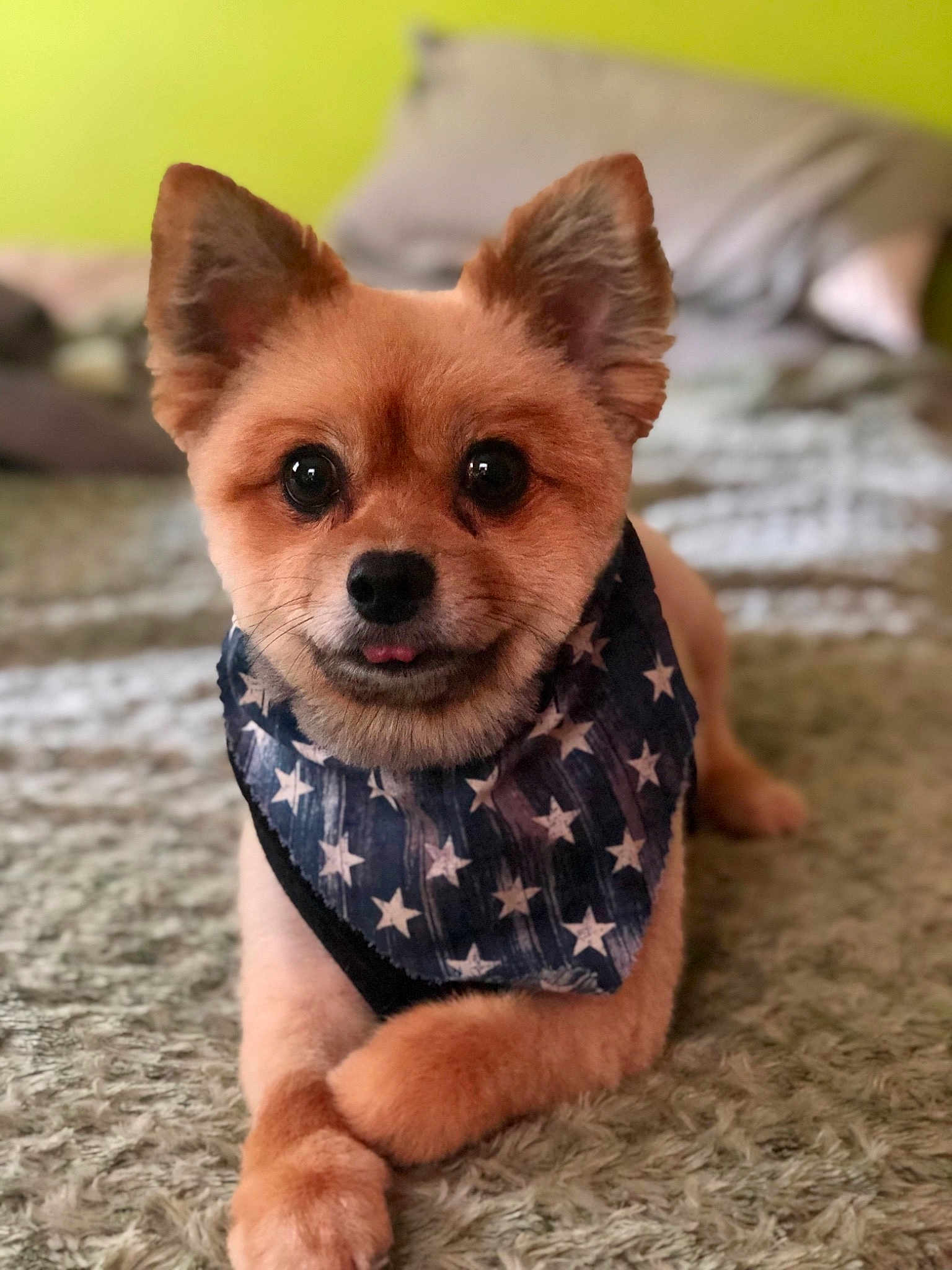The Korean Jindo: Noble Protectors of Jeju Island
The Korean Jindo, known for its loyalty and bravery, has an intriguing reputation that dates back centuries. These dogs are celebrated guardians of Jeju Island, South Korea, often described as being able to trace back their owners over long distances. Their undying loyalty isn't just a part of folklore – it's a profound reality that makes them a cherished breed worldwide.
Personality and Behavior of the Korean Jindo
Korean Jindos are renowned for their exceptional loyalty. Once they form a bond with their owner, this loyalty tends to be unwavering and lifelong. This breed is also highly intelligent, often demonstrating remarkable problem-solving abilities. Owners frequently delight in anecdotal stories of their Jindos outsmarting both humans and other pets.
Despite their loyalty and intelligence, Jindos can be quite independent and aloof with strangers. This trait makes them excellent guard dogs, as they are instinctively wary of unfamiliar faces. However, once they get to know someone, their protective nature can extend to new members of the family, including children and other pets.
Jindos are also known for their strong hunting instinct. This breed was historically used to hunt game, which contributes to their high energy levels and need for regular exercise. Without adequate activity, a Jindo might become bored and potentially destructive.
Lastly, these dogs are often praised for their sense of cleanliness. A Jindo typically avoids soiling its own territory, making them relatively easy to housetrain. Their fastidious nature is a charming trait that many owners appreciate.
A fascinating aspect of the Korean Jindo is their ability to return to their original home even after long distances. This homing instinct, comparable to that of homing pigeons, underscores their deep bond with their owners and homes.
Meanings, History, and Origins of the Name Korean Jindo
The name "Korean Jindo" is derived from Jindo Island, located off the southwest coast of South Korea. This region is where the breed is believed to have originated, with historical records suggesting a lineage that goes back several millennia. It is considered a national treasure in South Korea, and its export is heavily regulated to preserve its pure lineage.
The Korean word "Jindo" itself is straightforward, referring specifically to Jindo Island. However, in a broader cultural context, the name embodies more than just a geographic origin. It signifies attributes such as fortitude, loyalty, and resilience that are prominently associated with the breed.
Jindos have a storied past, often featured in Korean literature and folklore. They appear in historical texts ranging from royal chronicles to village folklore, often depicted as brave protectors and loyal companions. These narratives have contributed significantly to the breed's status and reputation.
The origin story of the Korean Jindo is not entirely clear, with various theories drawing connections to ancient migratory patterns and possible crossbreeding with Mongolian dogs. Regardless of the precise origins, the breed has been a stable fixture on Jindo Island for centuries.
Popularity of the Korean Jindo
Globally, the Korean Jindo might not be as pervasive as other breeds, but its unique attributes have earned it a dedicated following. In South Korea, the Jindo is not only a common household pet but also a cultural icon. Its portrayal in media and literature further cements its esteemed status.
In English-speaking countries, the Korean Jindo is gradually finding its niche. Pet enthusiasts and dog aficionados who appreciate the breed's history and characteristics often seek out Jindos. Their relatively low profile compared to other breeds means that once someone does choose a Jindo, they typically become quite passionate advocates for the breed.
Elsewhere in the world, especially in parts of East Asia and increasingly in Europe, the Korean Jindo is celebrated for its unique blend of loyalty and independence. Breed-specific clubs and organizations strive to raise awareness and appreciation, leading to a steady rise in popularity.
Health and Care of the Korean Jindo
The Korean Jindo is generally a healthy breed with a long lifespan, often reaching up to 15 years or more with proper care. However, every breed has specific health concerns to watch out for. Common issues that might affect Jindos include hip dysplasia, hypothyroidism, and allergies.
Regular check-ups with a veterinarian can help catch and manage these potential health issues early. Preventive care, such as maintaining an appropriate diet and ensuring adequate exercise, can greatly contribute to a Jindo’s overall health. Due to their active nature, Jindos benefit from high-quality dog food that meets their nutritional needs.
Grooming a Jindo is relatively straightforward due to its clean nature. Regular brushing will help manage shedding and keep the coat looking its best. Bathing should be done as needed, but not excessively, to avoid stripping the coat of its natural oils.
In terms of exercise, Jindos require regular physical activity to keep them happy and healthy. Daily walks, playtime, and mental stimulation are crucial. Without sufficient physical and mental engagement, Jindos might become bored and develop behavioral issues.
Training and Education of the Korean Jindo
Training a Korean Jindo can be a rewarding but challenging endeavor. Due to their intelligence and independent streak, they require a firm yet patient approach. Consistency and positive reinforcement are key to successful training; harsh methods are not effective and can damage the bond between dog and owner.
Early socialization is important for Jindos to develop into well-rounded dogs. Exposure to different environments, people, and other animals can help mitigate their natural wariness of strangers. Puppy training classes can be particularly beneficial for social skills and basic obedience.
Given their hunting heritage, training a Jindo to recall reliably is essential if they are to be let off-leash. Their strong prey drive can sometimes lead them to chase small animals, so recall and impulse control are critical behavioral elements to focus on.
Jindos also benefit from mental stimulation, which can be provided through puzzle toys, agility training, and interactive games. Their problem-solving abilities mean they often excel in activities that challenge their brains as well as their bodies.
Selecting the right dog involves considering various factors like lifestyle, living situation, and the time you can dedicate to your pet. Jindo owners should be prepared for an active, intelligent, and sometimes stubborn companion that requires engagement, training, and exercise.
In conclusion, the Korean Jindo is a breed that promises unwavering loyalty, remarkable intelligence, and an innate sense of cleanliness. At KingPet, we have seen a growing number of Jindo participants, reflecting the breed’s increasing popularity. They make wonderful pets for those who can meet their needs and appreciate their unique traits. Choosing a Korean Jindo can be an immensely rewarding experience, offering a loyal and protective companion for years to come.


